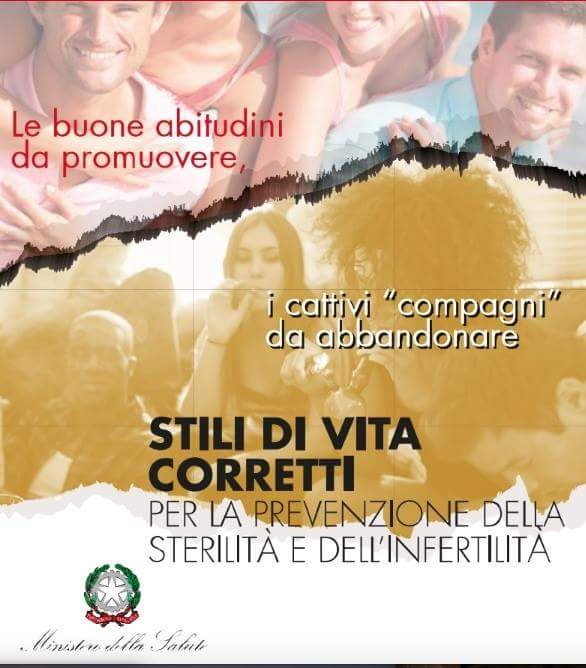Twitter users slam 'racist' Fertility Day via Bob Marley, Michael Jackson and crazy cat ladies
Campaign said 'black people bad' and 'white people good' within realms of fertility – but singer Marley fathered 13.
Italians have taken to social media to voice their dissent over a pro-fertility campaign perceived by many as racist and sexist. Several people called on the health minister Beatrice Lorenzin to step down following controversy around the cover of a booklet published as part of the campaign to promote fertility.
The cover features two images that aim to highlight how "good lifestyles" can help prevent sterility and infertility. The first image features a group of four white people on a beach with the caption "the good habits to promote". The second image shows a group of people – some of whom are black, wearing hoodies and smoking what appears to be cannabis – and is captioned "the bad 'companions' to abandon".
The Health Ministry has not responded to a request for comments on the accusations of racism. However, Lorenzin rejected the claims in a statement and said: "The photos represent a homogeneity of people, as is the multi-ethnic society in which we live. Racism is in the eye of the beholder."
Since the first attempt to shed light on the issue of infertility earlier in September, the campaign has been deemed as offensive, sexist and racist, prompting Lorenzin to order changes to the slogans and images used.
Some people also compared the campaign's messages to the slogans disseminated during Italy under Mussolini and Nazi Germany.

Similarly to the outrage sparked earlier this month, Italians have once again taken to social media to counter the campaign using the hashtag #FertilityDay and #FertilityFake.
A Twitter user posted a picture of Bob Marley with the caption: "Black, long-haired, with rasta, smoked weed and full of 'bad companions'. He had 13 children".
Another appeared to comment on the parenting skills of Michael Jackson when he dangled one of his children over a balcony.
Another one posted a picture of a woman holding a cat. The text on the picture read: "And you? Do you want to die as a gattara?" Gattara is an Italian term used to identify unmarried women who keep cats for company.
Befertily Sii come Bob #fertilityday pic.twitter.com/LsykyoT8PZ
— nathalie (@nathaliespataro) September 22, 2016
Old but gold. #fertilityday #gattini pic.twitter.com/ID9dTOQJfx
— non è come credi (@Pheedeeryca) September 22, 2016
#FertilityDay pic.twitter.com/wCFaq3lrv3
— Cecilia Esposito (@Oohlala_Blog) September 22, 2016
#Fertilityday "It is all very medieval with a touch of Mussolini." How are you celebrating today? - via @mamacash https://t.co/jex6vQ9FSQ pic.twitter.com/6BDMhsm18m
— amanda gigler (@amandagig) September 22, 2016
Marameo #fertilityday pic.twitter.com/1LAoo6EtHI
— Marte (@MarteIncircolo) September 22, 2016
credits a @LoImperatore #fertilityday #Lorenzin #sanità pic.twitter.com/TeVSLWkzhQ
— Carlo (@Mguest0) September 22, 2016
#fertilityday my girl and I will think about it.
— Dreamy (@giamminuti) September 22, 2016
#lorenzindimettiti#fertilityday : pic.twitter.com/G83cO3bTPs
— Chiara. (@miperdoinzayn) September 22, 2016
© Copyright IBTimes 2025. All rights reserved.






















